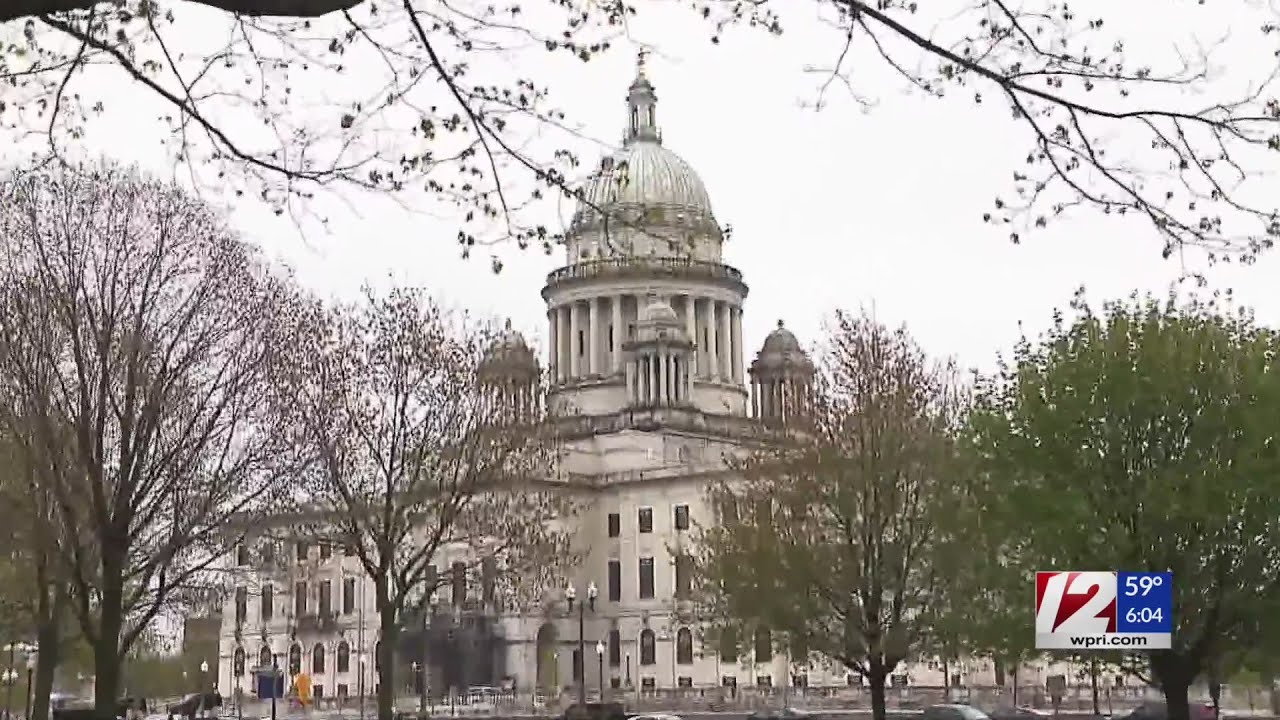Overview of Abortion Laws in Rhode Island
Abortion laws in Rhode Island have undergone significant changes over the years, reflecting evolving societal attitudes and legal developments. The state has generally been considered to have liberal abortion laws, but this was not always the case. The current legal framework provides certain protections for abortion rights, but several factors, such as federal laws and potential bans, continue to influence the landscape of reproductive healthcare in the state.
Historical Perspective on Abortion Rights
Historically, Rhode Island had restrictive abortion laws, criminalizing the procedure with exceptions only to save the life of the pregnant person. However, in 1973, the landmark Supreme Court case Roe v. Wade legalized abortion nationwide, including in Rhode Island. This decision recognized a woman’s right to access abortion services, and it significantly influenced the subsequent development of abortion laws in the state.
Current Legal Status of Abortion in Rhode Island
Currently, abortion is legal in Rhode Island. The state has codified the protections provided by Roe v. Wade into its own laws, ensuring that individuals can access safe and legal abortion services. However, specific regulations and restrictions on abortion exist, and these can affect the availability and accessibility of services.
Examination of Relevant State Legislation
The Reproductive Privacy Act (RPA) of 2019 is a key piece of legislation in Rhode Island that affirms the right to abortion. This law prohibits the state from interfering with an individual’s decision to terminate a pregnancy prior to fetal viability or when necessary for the health or life of the pregnant person. It also ensures that individuals have the right to access and use contraception.
Impact of Federal Laws on Rhode Island’s Abortion Regulations
Federal laws, such as the Hyde Amendment, have a significant impact on abortion regulations in Rhode Island. The Hyde Amendment restricts the use of federal funds for abortion services, which can limit access for low-income individuals. However, Rhode Island has taken steps to mitigate these restrictions by using state funds to cover abortion services for those who qualify for Medicaid.
Judicial Decisions Shaping Abortion Rights in the State
Several judicial decisions have played a crucial role in shaping abortion rights in Rhode Island. In 2001, the state Supreme Court ruled that the right to reproductive privacy, including the right to access abortion, is protected under the state constitution. This decision reinforced the legal protections for abortion in Rhode Island.
Public Opinion and Attitudes Towards Abortion in Rhode Island
Public opinion in Rhode Island generally supports the right to access abortion services. Polls consistently show that a majority of Rhode Islanders believe that abortion should be legal in most or all cases. This public support has played a significant role in shaping the state’s abortion laws and policies.
Analysis of Potential Bans on Abortion in the State
While abortion is currently legal in Rhode Island, there have been attempts to introduce bans or further restrictions on the procedure. These efforts have been met with strong opposition from reproductive rights advocates and lawmakers who value the importance of safeguarding reproductive healthcare and choice.
Role of Activist Groups in Shaping Abortion Policies
Activist groups have played a crucial role in shaping abortion policies in Rhode Island. Organizations such as Planned Parenthood and the Rhode Island ACLU have been instrumental in advocating for reproductive rights and working to ensure that individuals have access to safe and legal abortion services. Their efforts have included lobbying, litigation, and public education campaigns.
Access to Abortion Services in Rhode Island
Rhode Island has multiple clinics that provide abortion services, ensuring accessible and safe reproductive healthcare for those in need. However, the availability of services can be influenced by various factors, such as the financial barriers faced by low-income individuals, the geographic location of clinics, and potential restrictions on insurance coverage for abortion.
Comparison with Neighboring States’ Abortion Laws
Compared to its neighboring states, Rhode Island generally has more liberal abortion laws. Massachusetts, Connecticut, and Vermont have also enacted laws to protect and expand access to abortion services. However, it is important to note that neighboring states may have different regulations and restrictions, which can impact individuals seeking abortion services depending on their specific circumstances.
Future Prospects for Abortion Rights in Rhode Island
The future prospects for abortion rights in Rhode Island remain uncertain. While the state has taken steps to protect and expand access to abortion services, the political landscape and potential shifts in judicial appointments at both the state and federal levels could impact the future of reproductive healthcare. Advocacy and continued public support will be essential in ensuring that individuals in Rhode Island can exercise their right to access safe and legal abortion services.




